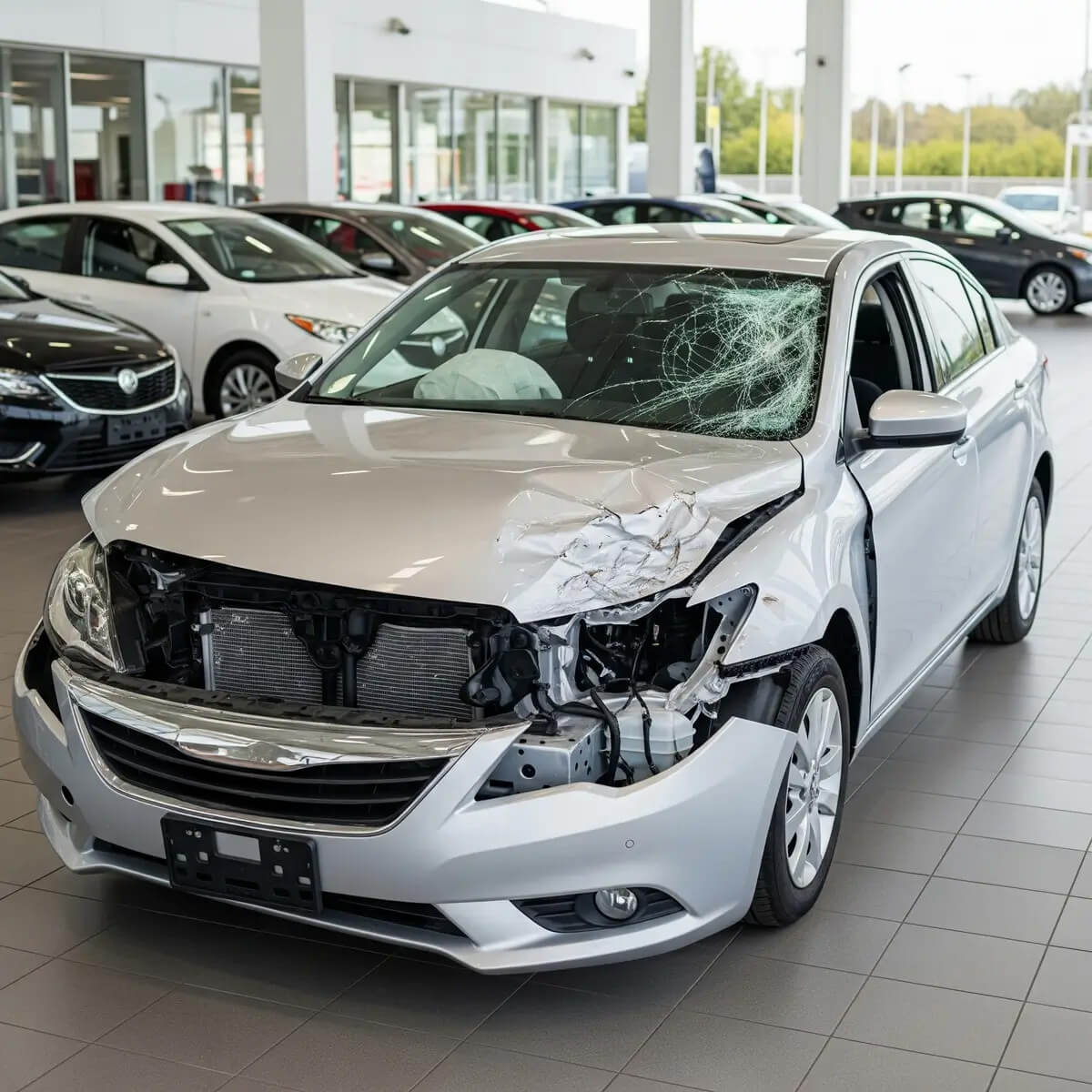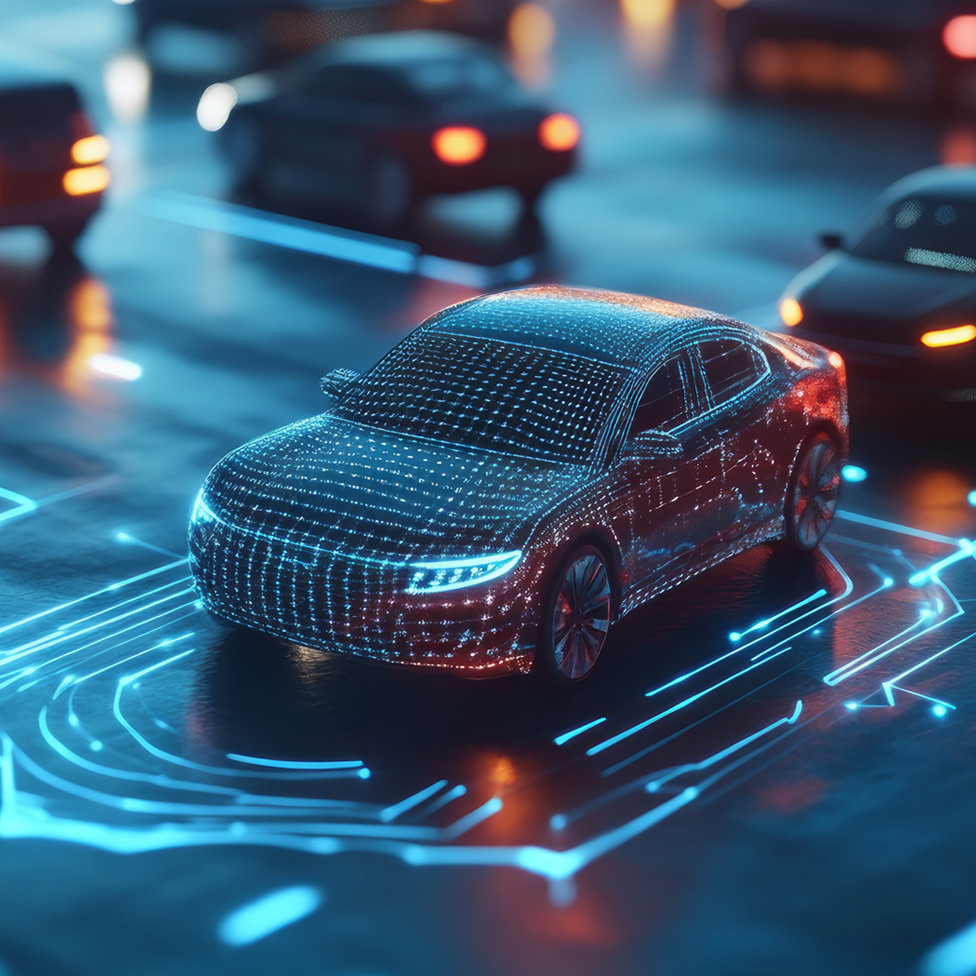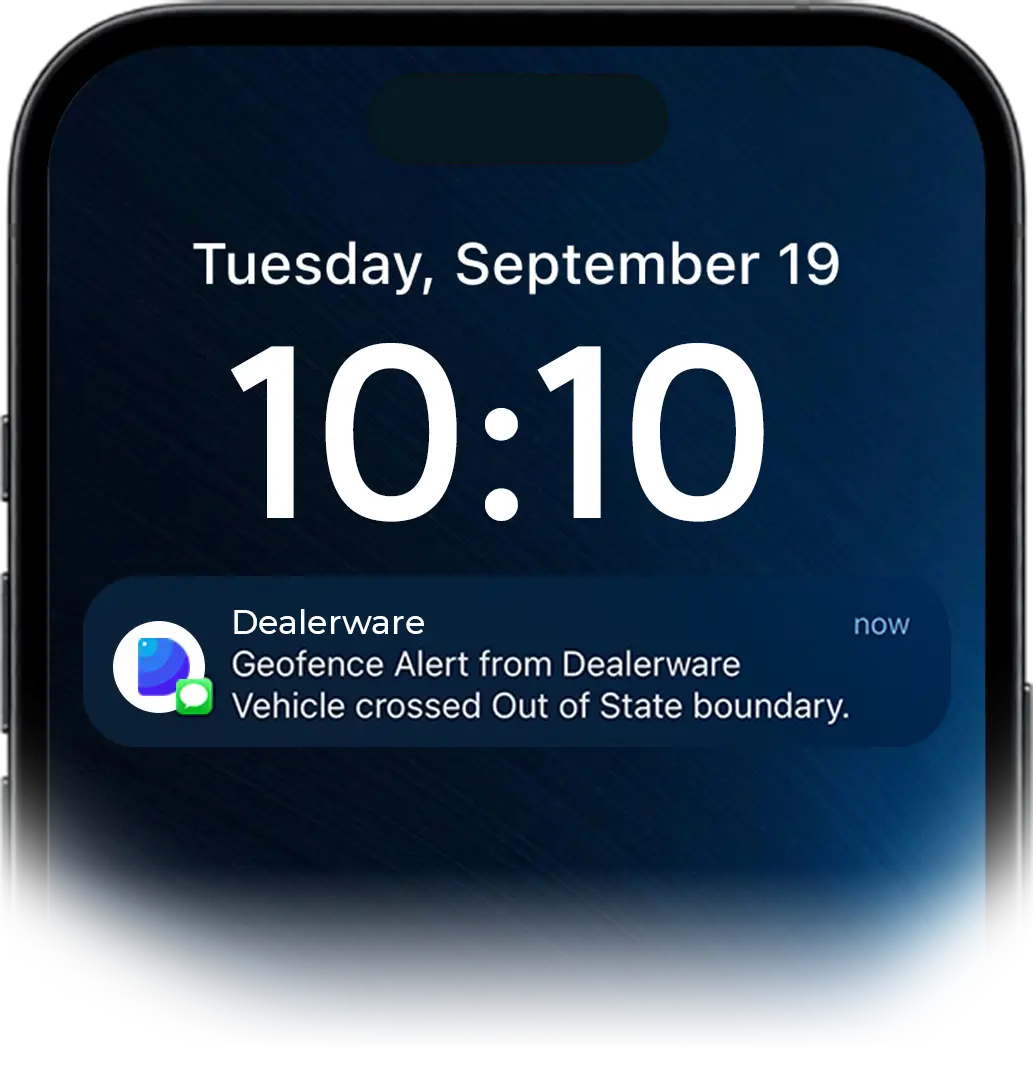As the automotive industry is progressively evolving into a digitized market, holding collaborations of like-minded individuals to share thoughts and give recognition is one of the ways we can take a step back and see just how far we’ve come. On June 29, 2021 thought leaders from across retail automotive came together to showcase innovative ideas and receive recognition for their work at the International Transportation and Automotive Summit.
Dealerware President and COO, Russell Lemmer, had the pleasure of speaking on a panel discussion led by Courtney White, Dealerware VP of Marketing and Communications, to discuss the digital dealership and how decision makers are framing the latest dealership strategies. The panel also included Edwin Castro, President at NexReality, and Sharon Kitzman, President at Dominion DMS, both leaders and thought provokers in the digital space.

Dealerware is designed to connect dealers to their cars to maximize profits by unlocking important data and making the loaner process easier via digitalization, automation, and efficiency. NexReality provides a virtual shopping experience that allows customers to interact with products and visualize them in their homes to gain a more informed decision on purchases. Dominion DMS provides technology to dealers that offers solutions in CRM, inventory management, marketing, and more.
The panelists started the conversation discussing the biggest trends they’ve seen in the last year with the acceleration of digitization in automotive retail. They touched on how quickly the industry has had to evolve to keep up with technology trends in order to stay relevant. Where digitalization used to be a niche facet of the industry, it’s now something that most want and need to have. Lemmer mentioned that the biggest trend he is seeing is the out of dealership experience and how dealers have had to adapt their service model to better fit changing consumer needs. “The dealerships had to evolve, they’ve had to do what Amazon has gotten famous for, instead of making you come to the product, they took the product to you”, said Lemmer. We certainly didn’t think things like contactless contracting would become a necessity, but that’s why companies like Dealerware excelled amidst the pandemic and allowed the industry to continue conducting business.
As we see trends arise to make the automotive space more digitized, the panelists were asked if they think digitalization is a trend that the industry will continue to aggressively adopt. Castro thinks so, and where OEMs previously had a big advantage with access to tech and finances, his company NextReality will “make room and make it an even scale for even the little guys, like local dealerships to upload and offer their services.” he says. With technology becoming accessible and affordable for all types of dealerships, the panelists all agreed that it’s a trend that is here to stay and those that weren’t as apt to adopt it before are going to have to now.
While Covid disrupted many supply chains, the automotive industry had to quickly adapt to shifts in demand. When dealerships faced months of a surplus in vehicle stock, they were quickly trying to find ways to keep lots full as demand picked up again. This raises the question, as we begin to manufacture vehicles at a higher rate are there going to be areas that dealers need to embrace as there are more vehicles than there is demand once again? As Lemmer puts it, “The answer is yes, but how much and where they’re investing is the question. When you’re in a surplus of demand life is easy but the pendulum always swings back at some point.” There is disagreement between OEMs and dealerships because the OEMs want the fully immersive digital experience, but dealerships are still spending millions on fancy showrooms where that money may have been better spent on digital tools to become more efficient. Kitzman says, There needs to be a mental shift from what dealers and OEMs have always known to be profitable, and this is an opportunity to get away from old practices like circumventing the dealer network which we have seen recently with EV launches.
As companies like Carvana and Vroom have disrupted what we know as traditional automotive sales, dealers are going to have to think differently in order to stay competitive. This brings us back to the point of rediscovering what the customer finds important; Kitzman thinks that means dealerships need to get out of their own way and fix what people hate about going to dealerships so they can keep people coming in to buy cars. Kitzman and Lemmer both agree that these expensive dealership showrooms are what’s getting in the way and the focus needs to be more on simplicity and efficiency rather than showmanship to draw in customers. “One of the things that is preventing transformation is that dealers and manufacturers today start with the profit or incentive first and work backwards from there.” said Lemmer.
While tech-centric companies like Carvana and Vroom aim to disrupt the traditional dealership model and take market share from big dealer groups, our goal is to keep people coming back to dealerships, but how? Lemmer thinks the answer lies within the service aspect of dealerships. It’s the one aspect of car ownership that brick and mortar dealerships still have the upper hand in. Lemmer says, “Dealerships should aim to double down on the investments they make in the service experience over what feels like the commoditized buying experience. Dealers that can deliver a great service experience, whether it’s through service cars, uber/lyft credits, bringing loaners to customers instead of customers coming to the dealership, that’s going to have a far bigger effect on positive consumer sentiment that will lead in time to loyalty.” By personalizing the service experience and making it easier on the customer, dealers can remain advantageous and keep customers coming into the dealership.
It’s apparent that the industry is heading in a direction we all knew was coming, maybe faster than we expected, but forward-thinking individuals like Lemmer, Kitzman, and Castro are helping to make it a seamless transition and accelerating the digitization of the automotive industry.







